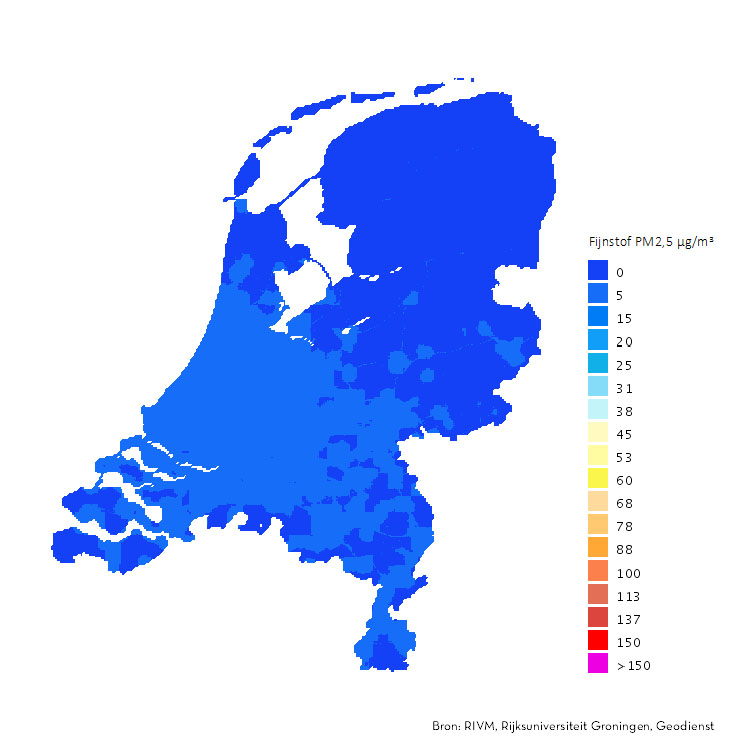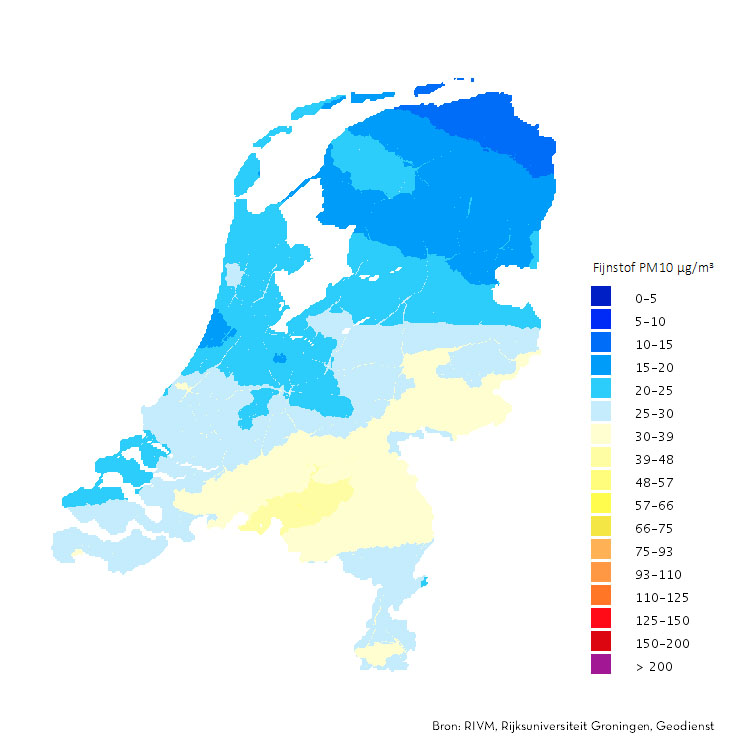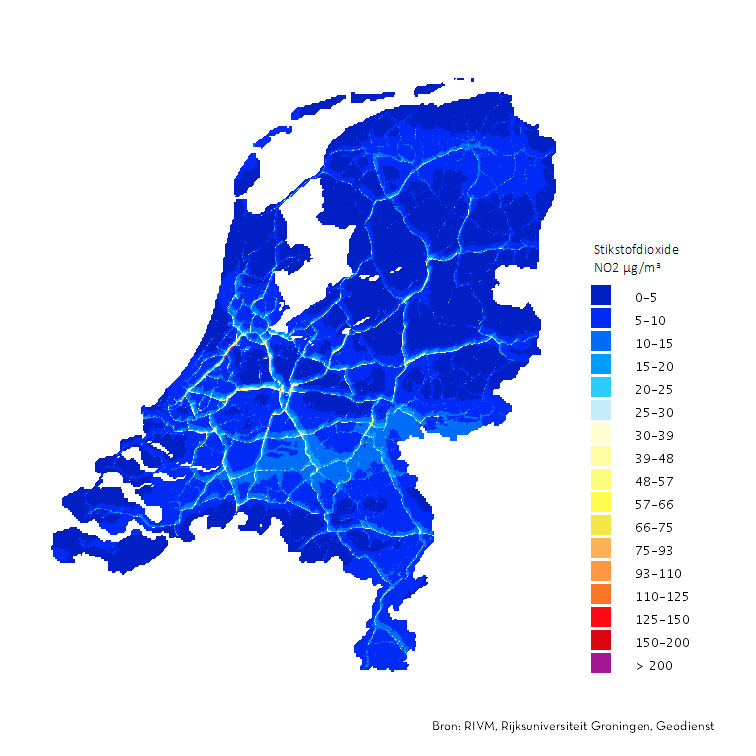Professor of Environmental Law: ‘Milieudefensie’s claim didn’t come from thin air’
Professor of Environmental Law Gerrit van der Veen was a guest on the NPO Radio 1 programme Nieuws en Co on Thursday 7 September. He spoke about how Milieudefensie, Friends of the Earth Netherlands, took the Dutch state to court and won. Milieudefensie believes that current government plans to reduce the amount of nitrogen dioxide and particulate matter in the air are too vague. It therefore took the state to court.
Van der Veen was present at the verdict and says that it is unsurprising that the state is now taking rapid action: ‘A delay of two-and-a-half years for nitrogen dioxide and six-and-a-half years for particulate matter: this is in clear breach of the European rules. These are hard and binding rules that citizens have the right to invoke. If it takes too long, I fully understand that, in this case, Milieudefensie and a number of others would go to court to receive confirmation of what can be expected.’
Concentration levels of nitrogen dioxide and particulate matter in Dutch air
Today, Geodienst , the spatial expertise centre of the University of Groningen, will present maps showing concentrations of nitrogen dioxide and particulate matter in Dutch air. Take a look at the maps below to find out the concentration of these pollutants in the area where you live.



'Clean air is a state responsibility'
Professor Van der Veen believes that it will be difficult for the Cabinet to do something to address the bad results within two weeks: ‘The judge was very clear: they have two weeks to identify the problem areas and the areas where the European standards are still not being met. The state must also speed up preparations for a plan.’ Van der Veen notes that the court was clear that it is the responsibility of the state to reduce the concentration of nitrogen dioxide and particulate matter in the air. ‘The question is therefore how much room for manoeuvre is there for the state and the other parties with which it wishes to negotiate, such as municipalities who want something else or something less.’
More information
| Last modified: | 03 December 2024 09.53 a.m. |
More news
-
05 March 2025
Women in Science
The UG celebrates International Women’s Day with a special photo series: Women in Science.
-
04 February 2025
'To entice is okay, to mislead is not'
In the supermarket, there is a carton of ‘blackcurrant juice’. At least, that is what it is called and what the picture on the packaging suggests. The list of ingredients, however, states that the contents are mainly made of apples and grapes. Is...
-
23 January 2025
Two UG researchers join The Young Academy
Prof. Björn Hoops and Dr Esther Metting are joining The Young Academy (De Jonge Akademie, DJA) of the Royal Netherlands Academy of Arts and Sciences (Koningklijke Nederlandse Akademie van Wetenschappen, KNAW). Every year, the DJA selects 10 talented...
